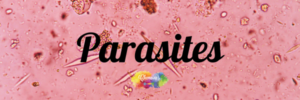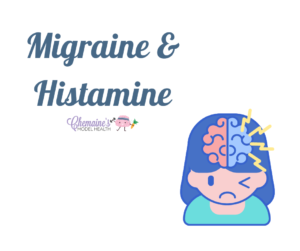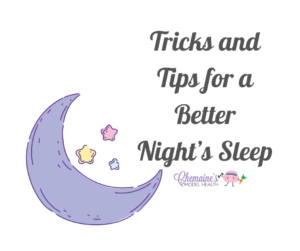
I recently got asked about parasites, by several of my followers actually, so I went ahead and recorded the below podcast on “How to do a parasite cleanse at home”. But while doing my research I came across some important information and interesting facts around parasites. I hope you find this interesting and helpful!
Parasites are prevalent in our enviroment and many of us have them inside us. It really is not uncommon to get a diagnosis of parasites. Especially if you travel frequently, spend a lot of time outdoors, or even have pets (and dare I say kids).
A parasite is an organism that infects the body of another living being and live off their hosts to survive. In other words it gets its food from or at the expense of its host. The parasite uses the resources of the person it’s living inside of, such as the blood (like a vampire), or the very food that that person eats, in order to survive. Parasites can be very small or meters long. Gross!
Some parasites create no symptoms at all in their hosts, while others can cause lots or symptoms and severe illness. Parasitic infections occur when parasites grow, reproduce, or invade organ systems (including the brain), that make their hosts sick. Symptoms include atopic dermatitis, rashes, allergies, excess mucus, diarrhea, nausea, grinding of the teeth, sleep issues, inflammation/ aches and pains in the joints, and in worse cases fever, flue like symptoms, and swollen lymph nodes.
Some common human parasitic infections include the following: toxoplasmosis, giardiasis, cryptosporidiosis and trichomoniasis (which is actually an STI).
You can get tested for parasites through a blood test (looking for higher eosinophils) or stool test. Your doctor may have to test your stool more than once before you test positive for parasites… at least a 3 day stool test/collection is recommended and has been shown to give a 90% accurate result. Some people might even see worms move in the bottom of the toilet (gross!).
𝘿𝙞𝙙 𝙮𝙤𝙪 𝙠𝙣𝙤𝙬…
#parasite eggs hatch and spit out ammonia around the full moon.

So people with parasites can experience a lot more, or exasperated symptoms like atopic dermatitis, allergies, sleep issues, irritability and erratic behavior, and gut problems around the full moon. Children with parasites can be more challenging around this time too.
Crazy right?!

Some other interesting facts about parasites;
- Worm therapy or treating people with worms, specifically helminths, is a thing! Treating people with parasitic worms may help with reducing inflammation and increasing lifespan (anti aging) by increasing T helper 2 cells, and reducing T helper 1 cells. Check it out here.
- Parasites release a biproduct called ammonia which has lots of negative effects including mental health issues and changes in personality. Read here.
- Parasites can not only upset the gut and contribute to IBD issues, the can also disrupt the microbiome by encouraging the growth of bad bacteria like klebsiella which increases inflammation and has been connected to ankylosing spondylitis, AND effects your bodies synthesis of vitamin B12. Tape worm also can cause B12 deficiencies.
- Parasites can cause micronutrient deficiencies because they are basically stealing our food.
- Hookworms which feed off our blood (gross again!), can contribute to anemia and protein deficiencies. Reference.
- Worms can directly effect our mental and adrenal health by directly reducing serotonin, dopamine, adrenaline and noradrenaline. This effects motivation and energy levels too. (ADHD , schizophrenia and depression included.)
- Parasites can contribute to weight gain due the the inflammatory and stress response, nutritional deficiencies, and the lack of motivation to make good food choices or go exercise because of their impact on mental health above.
- Worms, in one study, were shown to help with viral infections by reducing the inflammatory storm. Reference.
- Worms, specifically tape worm can cross into the brain and lay eggs. This has been connected to seizures and Alzheimer’s. You can Google a picture of the brain that shows tunnels in the tissue and throughout the brain, its crazy!
- Simple herbs like garlic, turmeric, and licorice can act as an anti parasitic. Along with binders like diatomaceous earth (food grade) and activated charcoal.
- PUMPKIN SEEDS have long been used as a substance that helps expel intestinal parasites. Pumpkin seeds contain high levels of compounds known as cucurbitacin’s, which paralyze the worms. This prevents them from holding on to the intestinal walls, as they usually do during a bowel movement – thus allowing them to be expelled with your poop.
I hope you found this interesting and enjoy the podcast episode!





